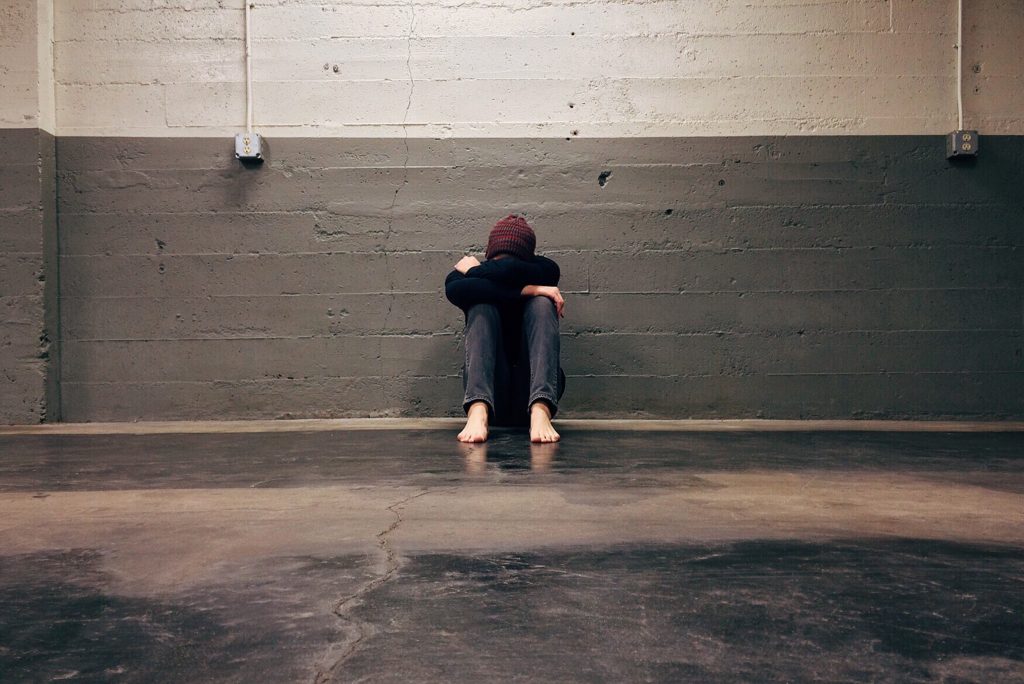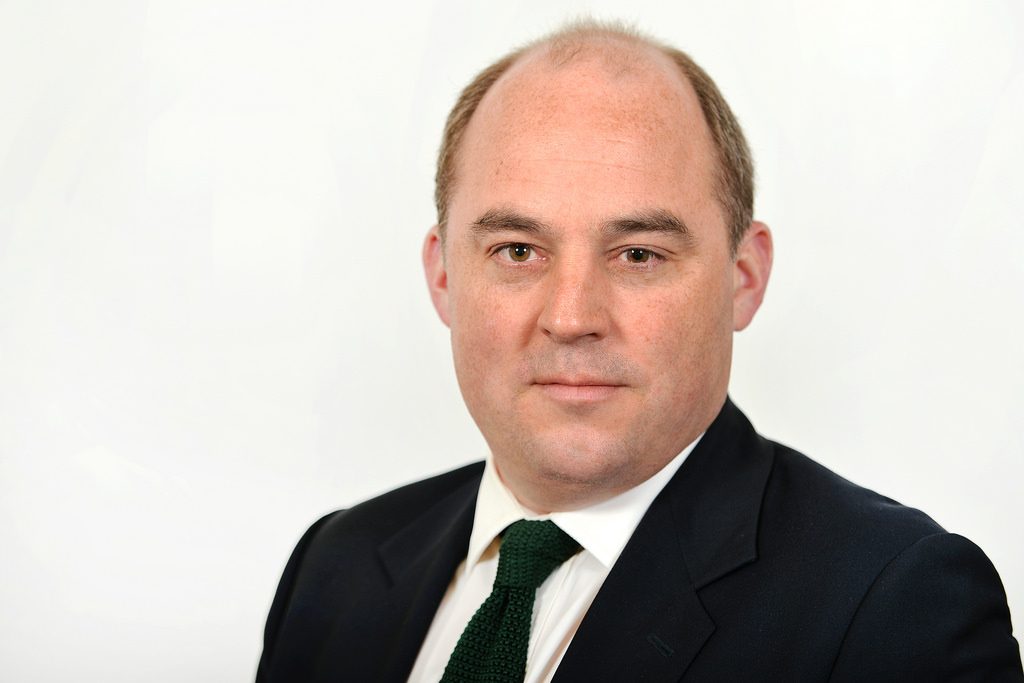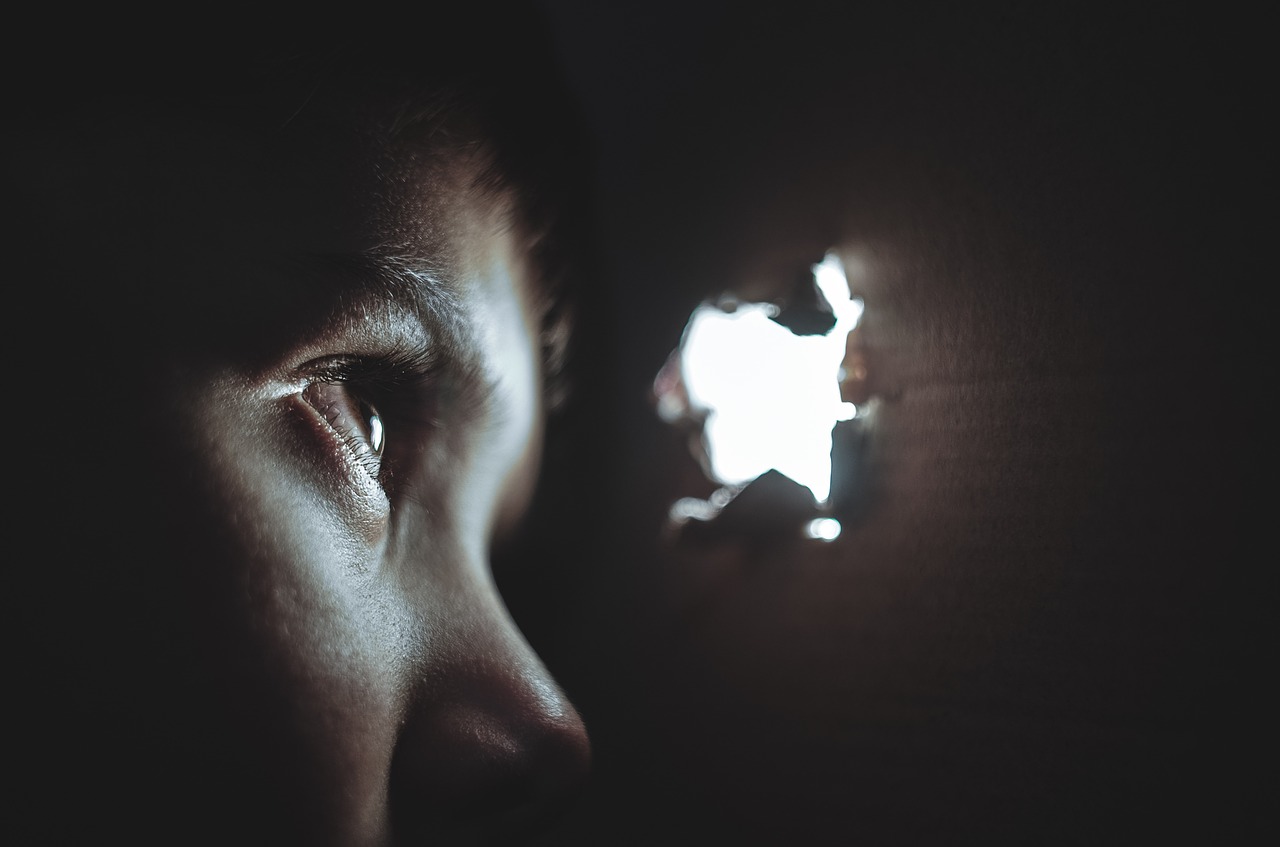Human rights lawyers are raising money to challenge the government’s use of children to gather intelligence. Opponents say the practice is incompatible with the UN Convention on the Rights of the Child, and want it strengthened to ensure that children’s rights are protected.
Police and intelligence agencies have been able to use ‘child spies’, known as ‘juvenile covert human intelligence sources’ (CHIS), in cases involving gangs, terrorism or child sexual exploitation since 2000.
The government considers that such sources can provide “unique access to information”, particularly with gangs, and say that there is “increasing scope” to use children to assist in preventing and prosecuting serious offences.
In a letter to Lord Trefgarne, Security Minister Ben Wallace outlined: “Given that young people are increasingly involved, both as perpetrators and victims, in serious crimes including terrorism, gang violence, county lines drugs offences and child sexual exploitation, there is increasing scope for juvenile CHIS to assist in both preventing and prosecuting such offences.
“They may have unique access to information about other young people who are involved in or victims of such offences. For example, it can be difficult to gather intelligence on gangs without penetrating their membership through the use of juvenile CHIS.
“As well as provide intelligence […] in relation to a specific gang, juvenile CHIS can give investigators a broader insight into, for example, how young people in gangs are communicating with each other.”
Concerns over the use of Child Spies

A House of Lords scrutiny committee raised concerns over government plans to give law enforcement bodies more freedom over the use of children.
The changes gave authorities more time to use child spies without needing reauthorisation, and broadened the range of ‘appropriate adults’ required to be present in meetings between those under 16 and their handlers.
The government insisted that under-18s are used as intelligence sources only when “very necessary and proportionate” and according to a “very strict legal framework”.
However during scrutiny of the changes, peers noted that “these are serious, violent crimes and we have grave concerns about any child being exposed to such an environment”.
The committee found the associated Code of Practice to be “very vague on how the welfare obligations towards the children would be fulfilled”.
It was particularly concerned that exposing a young person to covert activity associated with serious crime for an extended period of time could increase the risks to their mental and physical welfare.
The Best Interests of the Child?
 Ben Wallace, Minister of State for Security Credit: Number 10
Ben Wallace, Minister of State for Security Credit: Number 10
The Joint Committee on Human Rights also raised concerns, asking the government to explain how the police and security services’ use of child spies is reconciled with the UK’s obligation under Article 3 of the UN Convention of the Rights of the Child (that the welfare of the child must be the primary consideration).
Article 3 (Best interests of the child), states: The best interests of children must be the primary concern in making decisions that may affect them. All adults should do what is best for children. When adults make decisions, they should think about how their decisions will affect children. This particularly applies to budget, policy and law makers.”
Just For Kids Law, a charity which is crowdfunding to launch a judicial review against the government’s use of child spies, said: “We believe that government guidelines on the use of “child spies” fail to protect these vulnerable children from physical and emotional harm, and contravenes their basic human rights.”
“These children do not have access to legal representation; they can be recruited without their parents’ knowledge and do not always have an appropriate adult to consult before putting themselves in harm’s way. We are taking this legal challenge on their behalf.”
The Minister for Security, Ben Wallace MP told MPs that there has been dramatic changes in crime methodology since the legislation was introduced 18 years ago.
He insists that “the welfare of a CHIS is a paramount consideration in any deployment”, and considered that the revised Covert Human Intelligence Sources code of practice (which was approved alongside the legislation, and came into force on 15 August 2018), “makes this clear”.






